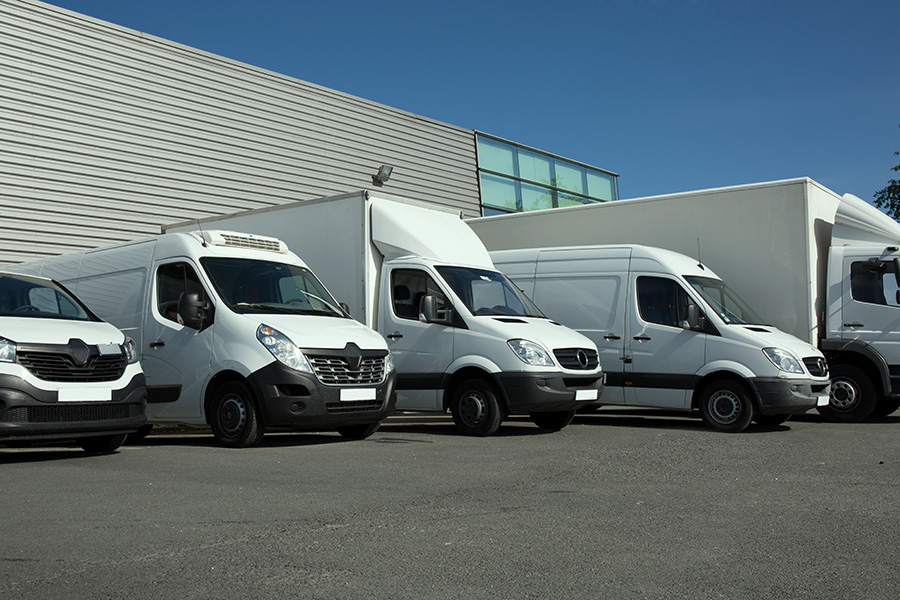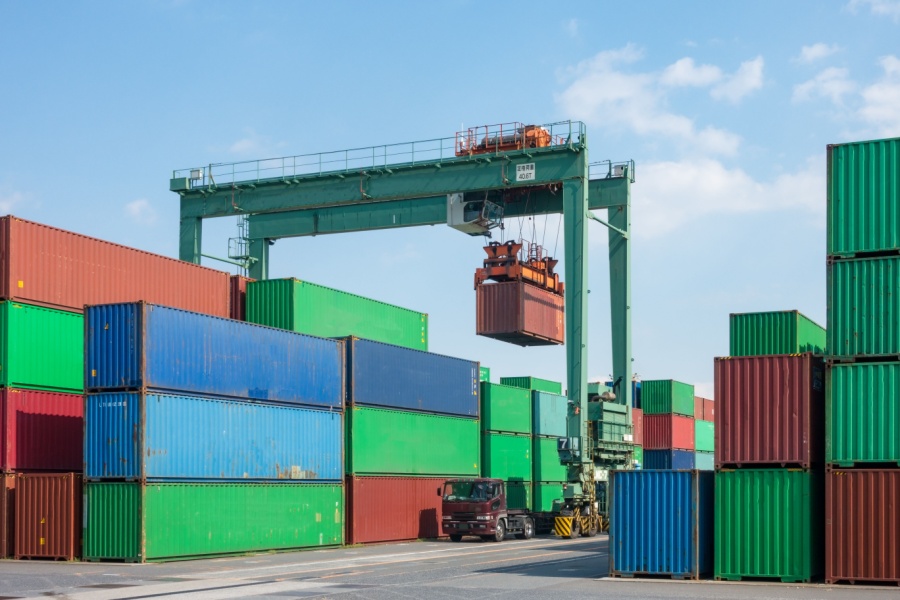In today’s dynamic transportation landscape, businesses face a plethora of challenges, including driver shortages, increasing demand for expedited deliveries, and fuel rate volatility. However, light-duty commercial vehicles like cargo vans and box trucks can offer solutions to these issues. They also provide a cost-effective and efficient alternative to traditional heavy-duty vehicles.
In this article, we explore how light-duty commercial vehicles can help companies mitigate the driver shortage, expedite deliveries, and reduce fuel costs, ultimately improving their bottom line.
Mitigate the Driver Shortage
One of the most significant challenges faced by supply chain and transportation companies is the driver shortage. As the demand for goods continues to increase, the industry struggles to attract and retain drivers.
However, light-duty commercial vehicles can offer a solution. Unlike heavy-duty vehicles, cargo vans and box trucks do not require a commercial driver’s license (CDL) to operate, which significantly expands the pool of potential drivers. With the ability to hire non-CDL drivers, companies can increase their driver workforce, helping to mitigate the driver shortage and ensure they have enough drivers to meet demand.
Expedite Deliveries
In today’s fast-paced world, customers expect faster deliveries, particularly in the e-commerce industry. Light-duty commercial vehicles can play a crucial role in meeting these expectations. With their smaller size and greater maneuverability, light-duty commercial vehicles are ideal for navigating busy city streets and making deliveries in densely populated areas.
Cargo vans and box trucks can carry smaller loads, making them an ideal choice for last-mile deliveries. By utilizing light-duty commercial vehicles for expedited deliveries, companies can improve their delivery times, providing better customer satisfaction.
Reduce Fuel Costs
Fuel rate volatility is an ongoing concern for supply chain companies, with fluctuations in prices impacting their bottom line. Light-duty commercial vehicles can help mitigate this issue by offering better gas mileage than traditional heavy-duty vehicles.
With their smaller engines and reduced weight, light-duty commercial vehicles are more fuel-efficient, reducing fuel costs for companies. With the increasing availability of alternative fuel options such as electric and hybrid engines, light-duty commercial vehicles offer even greater fuel efficiency, reducing the carbon footprint of supply chain operations.
Available Today
Companies like Ryder have light-duty vehicles available to lease today, allowing businesses to beat production delays. This means that businesses can take advantage of light-duty commercial vehicles with no lengthy lead times to build or customize vehicles.
This is crucial in today’s fast-paced environment, where companies need to be agile and adaptable to changing market conditions. With readily available cargo vans and box trucks, companies can quickly adjust their operations to meet changing demand, reducing the risk of production delays and ensuring their customers receive the goods they need on time.
Heavy-Duty Results
Light-duty commercial vehicles offer several advantages to supply chain companies facing challenges in today’s economic landscape. With their ability to mitigate the driver shortage, expedite deliveries, and reduce fuel costs, light-duty commercial vehicles provide a cost-effective and efficient alternative.
With companies like Ryder offering readily available leases for light-duty commercial vehicles, businesses can quickly adapt to changing market conditions, reducing the risk of production delays and ensuring their customers receive the goods they need on time.
As the industry continues to evolve, light-duty commercial vehicles are likely to become an increasingly important component of supply chain and transportation operations, providing companies with the agility and flexibility they need to thrive in today’s fast-paced environment.




